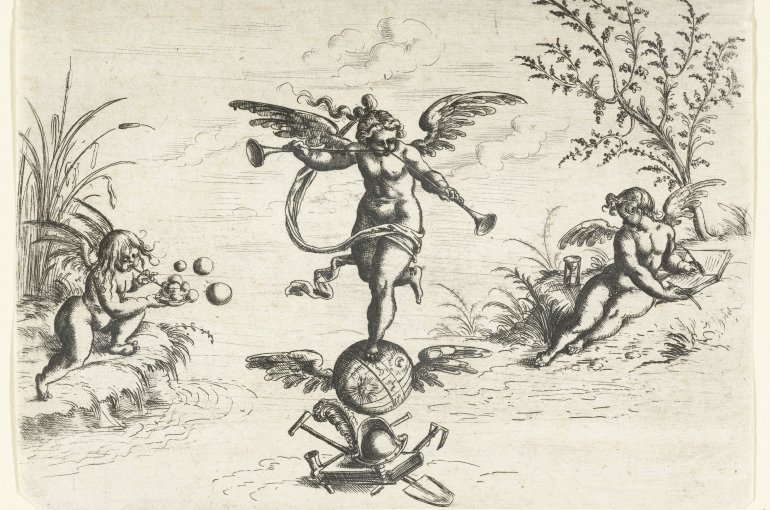Grant for KNAW colloquium 'Reputation Cultures in Early Modern Europe: Art, Literature and Scholarship'

Prof. Arnoud Visser, Dr Nina Geerdink and Anna-Luna Post MA (all affiliated to the Utrecht Centre for Early Modern Studies) received a grant by the The Royal Netherlands Academy of Arts and Sciences to organise a KNAW colloquium on reputation in early modern Europe: 'Reputation Cultures in Early Modern Europe: Art, Literature and Scholarship'.
Reputation as regulating mechanism
This two-day colloquium will probe the cultural significance of reputation in early modern Europe. It will focus in particular on the construction, uses and impact of reputation in three key cultural fields: art, literature and scholarship during the long sixteenth and seventeenth centuries (1450-1750). Recent studies have suggested that in this period reputation started to function as a regulating mechanism in a rapidly expanding cultural marketplace, to manage the supply of and demand for cultural products and services.
Reputation as cultural ideal and the rise of mass media
Two crucial developments informed this shift in the function of reputation: the rise of reputation as a cultural ideal, and the rise of mass media, which led to lower production costs, increased availability of cultural products and larger and more flexible cultural markets. To test this hypothesis, this two-day colloquium will pursue a comparative and interdisciplinary approach, bringing together leading scholars in the fields of art and literature, science and religion. All contributions will proceed from the idea that reputation operated as a selection mechanism on the side of consumers of culture, while simultaneously forming a reliable sales strategy for its producers.

